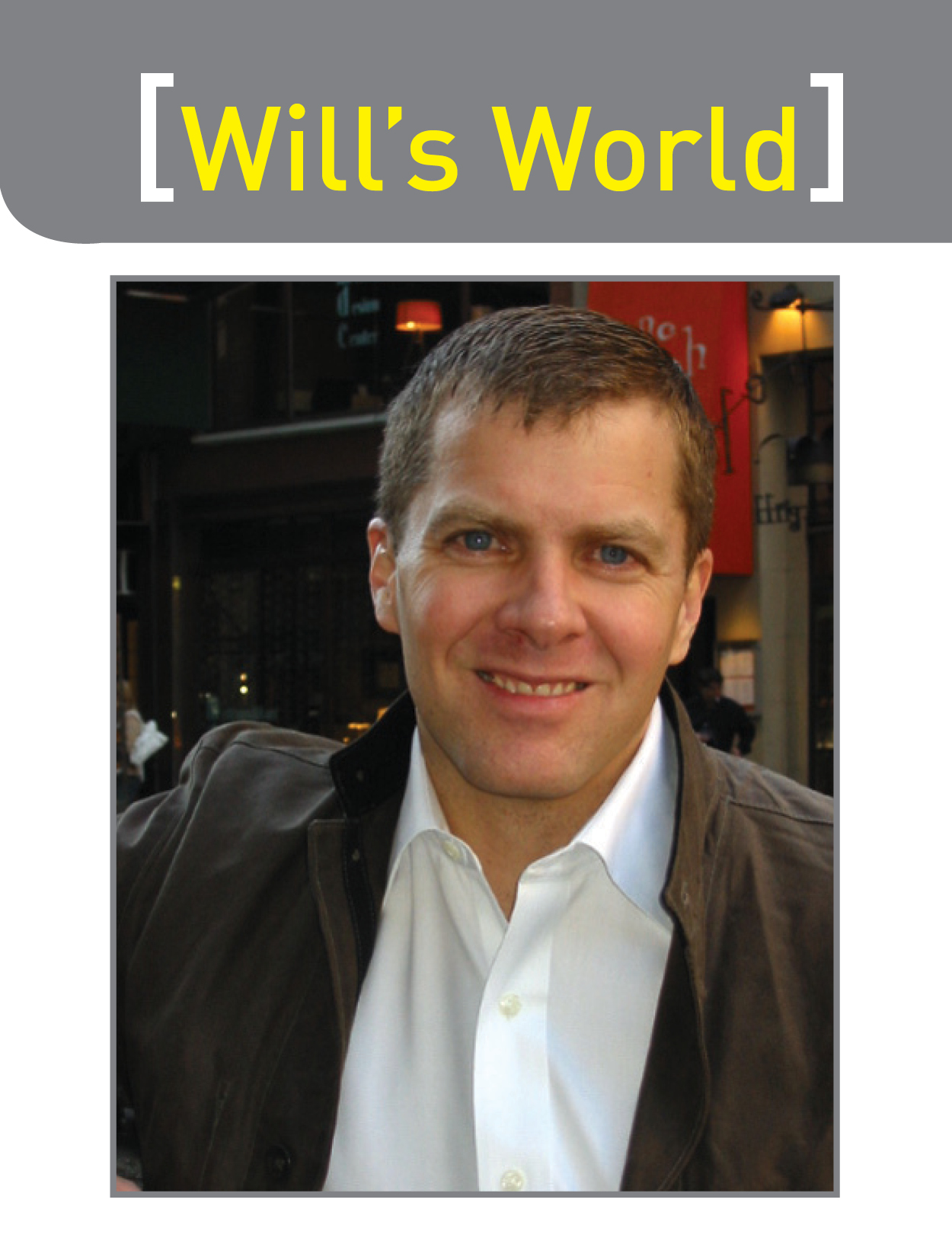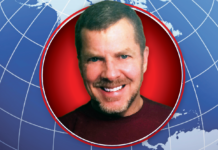By Will Carlin
Squash uses a soft rubber black ball with two dots; its opposite uses a hard white ball with an actual number. Squash is all about physical pain; its opposite has virtually none (though both have high degrees of mental anguish). Squash involves a lot of running and very little downtime; its opposite has zero running and almost no actual action. Squash takes place indoors in a four-walled room; its opposite takes place in the wide outdoors. Top-level squash requires at least one official and as many as three, and they are involved to a high degree in almost every match; its opposite has officials, but they rarely are asked to make decisions. Squash has virtually no two-handed shots (apologies to Peter Marshall); its opposite has virtually no one-handed shots. Squash’s opposite is golf, and they are about as different as can be.
And yet…And yet…
Though not all squashers actually play golf, many do. Many also play tennis or other racquet sports, which is relatively easy to understand. If you have some degree of success in one sport using an implement designed to hit a ball as an appendage of your dominant hand, you may find your ability translates to sports with similar equipment.
Interest in similar sports isn’t unique to racquet sports; Shaun White is the best snowboarder on the planet…and the best skateboarder as well. The two sports require such similar physical and mental abilities that it isn’t surprising that there are a number of people who compete in both (and my guess is that many of them would be—and maybe are—pretty decent surfers as well).
But squash and golf? Sure both use equipment to hit small balls that are roughly the same size, but no one is likely to confuse a golf club with a squash racquet anytime soon. And, clearly, the two sports are opposite from each other in many different ways. So why are so many squash players also passionate about golf?
Well, maybe because opposites do attract. Or do they?
In romance, we hear it all the time. She drives a Lexus, he rides a Harley; she’s a sports nut, he’s a bookworm; he’s a Republican, she’s a Democrat. But do they really attract, and if they do, does such passion ever really last?
It may depend on what one means by “opposite.” “I believe unresolved patterns attract,” says Paul Cutright, author of You’re Never Upset for the Reason You Think. “What most people call falling in love is really falling in pattern,” he says. “Relationships are about getting our own needs met, often on an unconscious basis. In other words, we try to find someone who is complementary to us and can help us learn, heal, and grow.”
It might be a stretch to compare a sport to a relationship (though jokes about being a golf widow still abound), but the idea of finding something complementary to squash is intriguing. For all of golf’s differences from squash, they do involve similar coordination skills.
One night soon after I got the golf bug (after many unsuccessful stops and starts), I was not very good, and after a day on the course I puzzled over the fact while lying in bed. Suddenly it hit me, and I actually sat up in bed: The golf stroke is almost exactly the same as a softball squash forehand. I got out of bed, stood in front of the mirror and practiced some empty-handed forehands. Then I tried again with my left hand just below my right, and there it was—a pretty respectable looking golf swing. I figured I had hit between 5-10 million squash forehands in my life, so maybe I was on to something.
I glanced at my watch. It was 10:30pm, and I knew that there was a driving range that was open until midnight. I threw on some clothes, grabbed a couple of clubs and caught a cab to the range. I was stunned. Suddenly, I was hitting the ball straight and true on a much more consistent basis than I had just hours before. The next day, I put it into practice in an actual round. I beat my best previous score by eighteen strokes, and though it took me another few years to approach a single-digit handicap (which is where I still hover, though I can’t quite really claim it), overnight (literally) I had improved my handicap by a solid twelve strokes.
I am sure I am not the first squash player to notice the synergies, but those similarities may be one of golf’s appeals to squashers: We have a built-in advantage—hours of practice without actually hitting a golf ball.
But it is more than that. Golf is the great antidote to squash. Playing on a beautiful outdoor course instead of an indoor sweatbox, talking with your golfing foursome instead of stewing internally, competing against yourself instead of an opponent—all while learning new things (some of which might be applicable back to squash) and letting your body heal from its squash exertions (learning and healing being two of the qualities that Cutright says that we seek in a good relationship).
I love squash. I love its speed, I love its necessity for being physically fit, and I love being sore after a tough match. None of these am I likely to get from golf. But if you want to find me on a summer weekend day, you might just find me on the golf course…working on my squash game. Or vice versa.



